Quarve Contracting is Minnesota’s expert in metal roofing. Our team of professionals are experienced, and willing to assist homeowners like yourself, with any roofing product they are taking into consideration. We have answers for your questions! What follows are our most commonly asked questions, however there is always more to answer. If you have a question not answered, contact us for a rapid, knowledgeable answer.
- Is cell phone reception affected inside my home with a metal roof? You might not notice, but most likely you already use your cell phone in buildings with metal roofs regularly. Think of everywhere you shop, places you go out to eat at, your church, your bank, etc. Many of these building have metal decks which are below flat roofs or metal roofs. If you already have extremely weak cell phone reception inside your home, a metal roof might make you lose what little you have. A cell phone booster is a helpful solution to inadequate cell service regardless of your roof material. However, if you have at least fair cell phone reception there should be no effect from a metal roof.
- During a lightning storm, what will happen to a metal roof? Metal roofs are extremely resistant to lightning damage. Contrary to a popular belief, they do not attract or create lightning. There is no additional risk to lightning for the structure it is protecting.
- What happens to a metal roof with hail? Metal roofs are extremely strong and durable and ready to handle Mother Nature’s ups-and-downs. Its warranty provides protection against hail including leaking and finish damage. Impact resistance is not lost with age like other roofing materials. If an extremely severe storm occurs and a rare chance you roof becomes indented, it can be repaired easily and unnoticed.
- Is the sound of rain loud when it hits the roof? The loud 'ping' sound you might expect from a metal roof when rain hits it does not happen due to its deep-textured folds. Ventilation and attic space also help with sound absorption. There are foam inserts that can be used behind the metal shingles when noise potential is a concern due to construction of the home.
Subscribe to Quarve Contracting's Blog


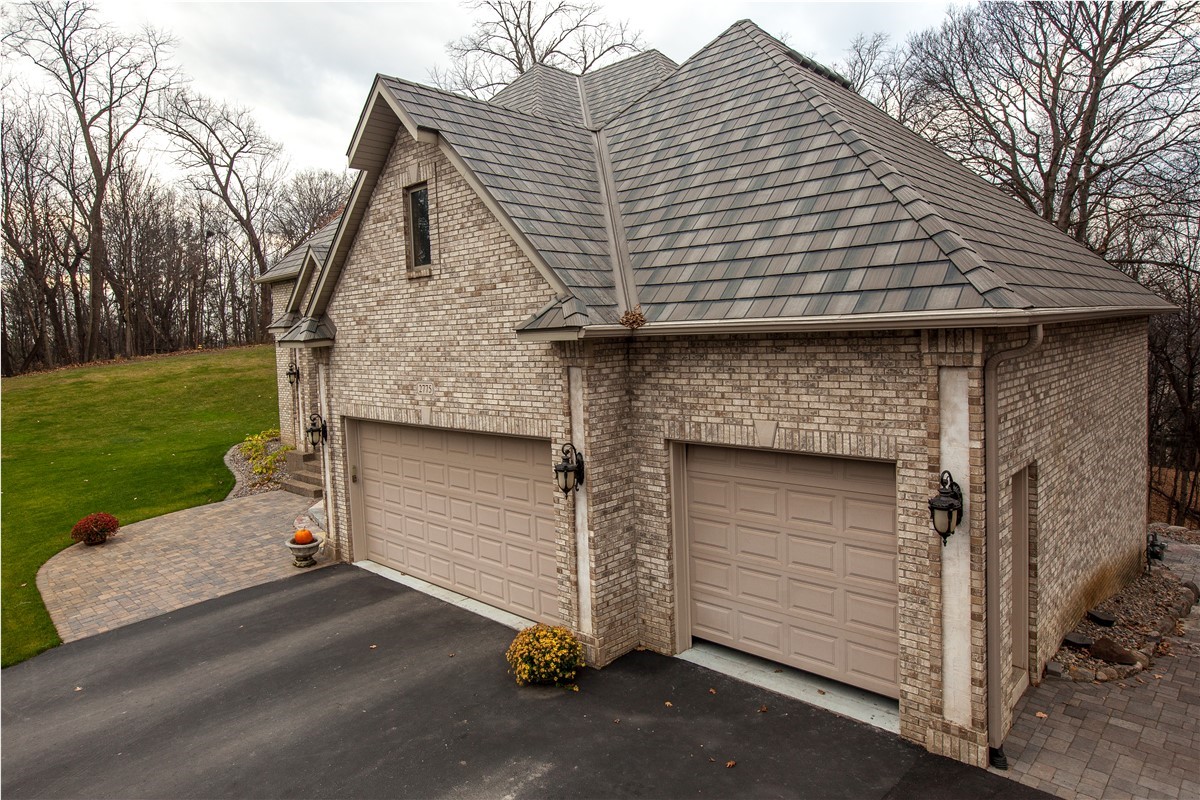
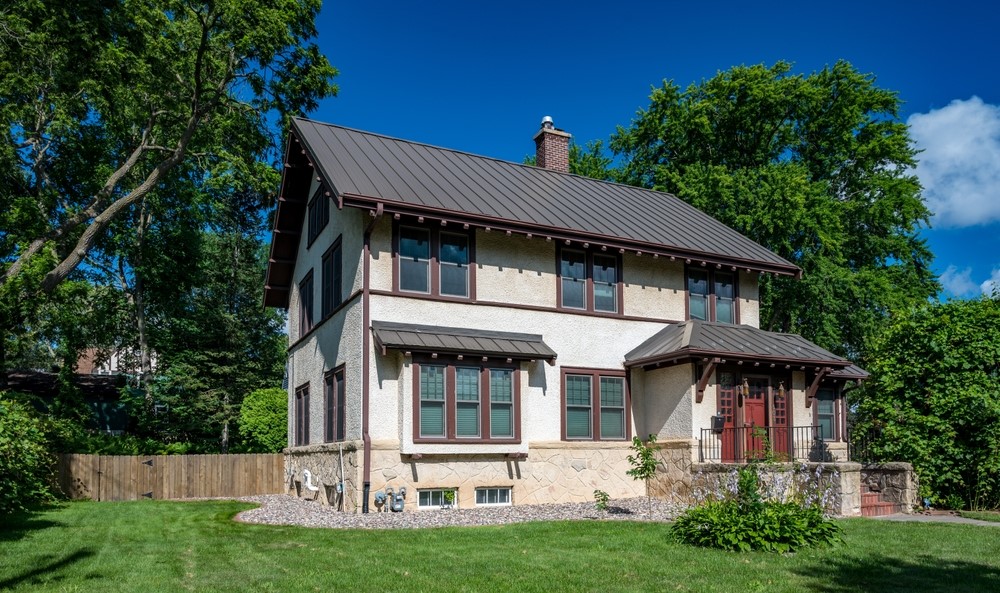
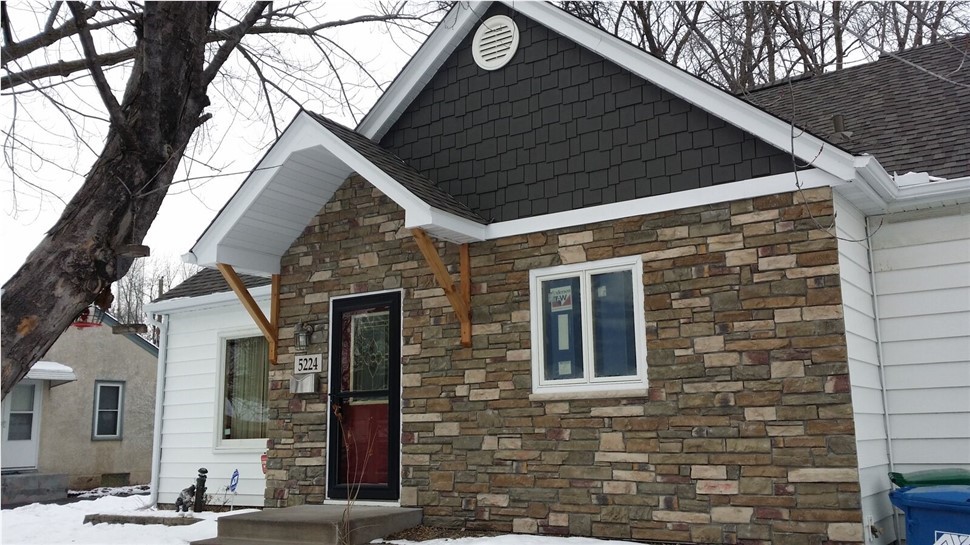
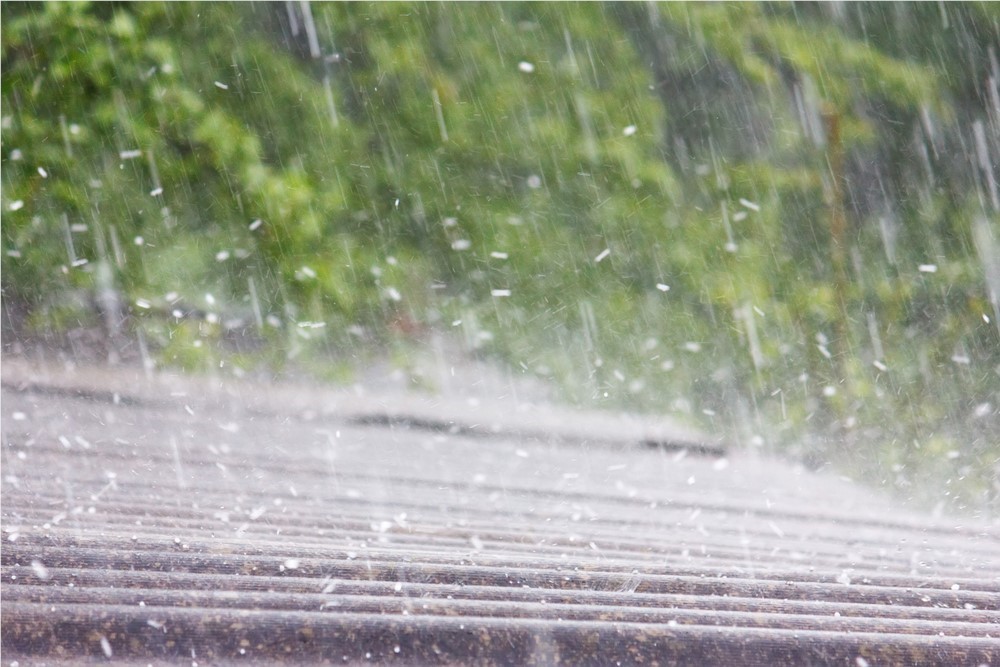
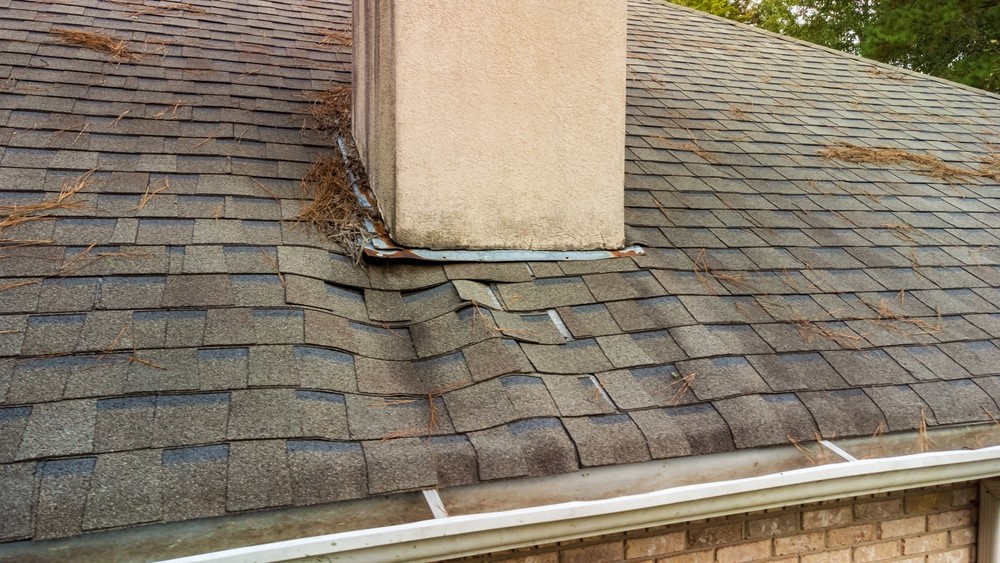
Comments